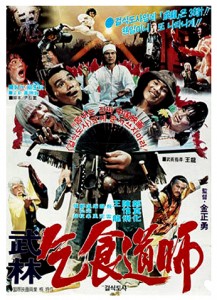
"Invincible Obsessed Fighter" Korean Theatrical Poster
AKA: Mu-rim Beggar Warriors
Director: Kim Jung-yong
Writer: Youn Suk-Hoon
Producer: Godfrey Ho, Tomas Tang
Cast: Elton Chong, Mike Wong Lung, Leung Ting, Chan Lau Lei, Fei Wan, Chu Gei Yuen, Gam Yung Yuen, Cheung Chit
Running Time: 85 min.
By Paul Bramhall
This 1982 Korean production is right up there with Magnificent Wonderman from Shaolin when it comes to awesome movie titles. In fact, in an alternate reality I hope there’s a crossover movie called Magnificent Wonderman from Shaolin vs. Invincible Obsessed Fighter, if there is I’d be first in line to watch it. Like just about every old school Korean kung fu flick that made it to western shores, the original title is of course entirely different, and in this case it was released in Korea as Mu-rim Beggar Warriors. Not quite as awesome, but certainly far from terrible.
Invincible Obsessed Fighter was directed by one of the most well known names from the Korean kung fu movie scene of old, Kim Jung-yong. This was the man behind everything from early Casanova Wong movies such as Four Iron Men, the Dragon Lee and Chang Il-do starring Bruce Lee’s Ways of Kung Fu (which also gave a certain Won Jin his movie debut), and the original Arahan. Alas, for better or worse, Jung-yong is also the director responsible for most of Elton Chong’s movies.
It’s hard to imagine a kung fu star who divides fans more than Elton Chong. For some his presence in a movie is even more unwelcoming that Dean Shek, while others buy into his hyper energetic comedic style. Describing an Elton Chong movie is tough work, but I guess if I had to, I’d say imagine the Three Stooges combined with Tom and Jerry, then proceed to crank everything up to 11. His movies will either have you rolling with them, or will have given you a headache and have you reaching for the stop button within the first 5 minutes. My first Elton Chong experience was Magnificent Natural Fist, and I ended up falling into the latter category. I still haven’t gone back to watch the rest of it.
However Invincible Obsessed Fighter had my curiosity, some said it was even more insane (perhaps they meant inane?) than Magnificent Natural Fist, and that the fight action was the best out of any of his movies. It’s these types of discussions that almost always lead me to watching the movie in question, and so it came to be the case here.
From the word go Invincible Obsessed Fighter declares its intentions loud and clear – fights, and lots of them! Like in Magnificent Natural Fist, they’re defined by the wild undercranking and enthusiastic falls from the performers. However what was immediately apparent is that, regardless of the undercranking, there was some pretty intricate and powerful exchanges taking place. Kicks come thick and fast, with bodies flying everywhere, and the manic energy that’s so grating in other efforts by Chong, here somehow translates to an entertaining spectacle of raw fighting goodness.
Almost all of Chong’s movies are low budget affairs, and so essentially live and die based on the talents of the cast. Judging by the skills on display of regular Chong co-star Mike Wong, it’s safe to say that those talents were going to be put to good use here. Of course, the poor production values are inescapable in various scenes, such as the small market place set, and even the dubbing seems to be low budget – at one point a bandit is clearly supposed to tell the villagers that their town is now under his control. However in the dubbing, instead he yells, “From now on this place is under control!” By missing one word the whole context of the statement is completely changed!
Thankfully the dubbing redeems itself in other areas, Wong’s character is amusingly called Fat Ho, whose fighting technique is called the 8 Chopper Fist. As childish as it may be, there’s something undeniably funny about watching the head villain demand his lackeys to go out and find Fat Ho. There’s also a random Ghost Fighter introduced into the plot, who abruptly diverts the movie into some Kung Fu Zombie themed territory, as scenes of him practicing black magic and stuffing live maggots into his mouth lend a supernatural feel to proceedings. However with such a manic pace it all somehow works, and gives us a highly entertaining fight scene between Chong and the Ghost Fighter, who acts like some kind of super powered white haired zombie.
Despite my reservations about attempting to sit through a whole Elton Chong movie, it turned out that every fight scene was entertaining, and one was never more than 5 minutes away. It’s never really clarified exactly who the Invincible Obsessed Fighter is, but either way, Jung-yong certainly seems obsessed with cramming in as much fight action as possible. It’s a credit to him, and also Mike Wong’s choreography skills, that none of the action begins to get dull, a criticism I’ve levelled towards other fight filled films such as Monkey Kung Fu. If you’re going to have characters constantly throwing down, you need at least some reason for them to do so that the audience can connect with. I’m not sure Invincible Obsessed Fighter has that, however the fact that its non-fighting scenes move along at just as much of a manic pace as the fight themselves, ensures that it always feels like a lot’s happened by the time the next fight kicks off.
The fight scenes themselves carry that same kind of intense energy that can be found in the likes of the previously mentioned Kung Fu Zombie. There’s a Looney Tunes inspired level of violence to them, being executed by some high level martial arts practitioners, that makes them a joy to watch. There are a couple of instances when Chong grabs the foot of whichever bad guy he’s fighting, and makes him kick the back of his own head with it. This type of physical comedy is universal, and to watch it being performed with such wild abandon, combined with the undercranking, somehow makes it all come together in such a way that it’s difficult not to enjoy, despite its silliness.
What’s also notable is some of the camera work during the fight scenes, which often have Chong facing off against groups of opponents. Jung-yong probably took notes from Sammo Hung’s The Prodigal Son made a year prior, because the camera occasionally performs some aesthetically pleasing tracking shots around the performers as they fight. This really adds to the choreography, in comparison to the camera just being static, and captures some great movements from Chong and co.
From the 1 hour mark it becomes almost non-stop fight action, and there’s a lot to enjoy. Chong intercepts people mid-flying kick, throws in Michael Jai White’s trademark flying kick/superman punch combo, and builds up to an epic 10 minute one on one against the villain played by Bi Un. What I particularly liked about the finale is that Chong is inflicted with a foot injury before it starts, that unlike many kung fu movies, which would conveniently forget about whatever ailment the hero is suffering from, goes on to play a significant part during the fight itself. It’s an intricate and kick heavy ten minutes, which at one point has blood splattered all over the camera in an inventive point of view shot, and throws in an absurdly over the top series of finishing moves which will definitely raise an (intentional) laugh.
Elton Chong will remain an acquired taste, but for those who like their kung fu cranked up to levels of Looney Tunes style violence, while still being able to appreciate the skill and talent of what’s going on, Invincible Obsessed Fighter manages to strike that balance. Whether it aimed to do so is debatable, but it’s probably the most accessible of Chong’s filmography, so if you’re going to check him out, you know where to start.
Paul Bramhall’s Rating: 7.5/10

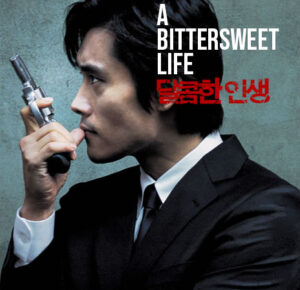
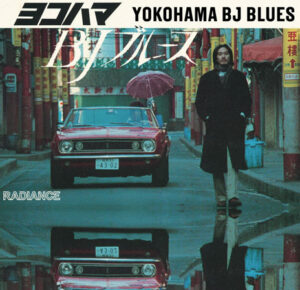
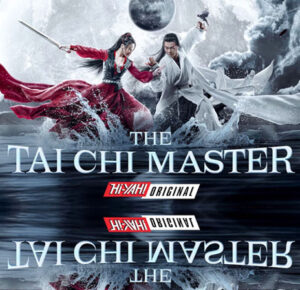
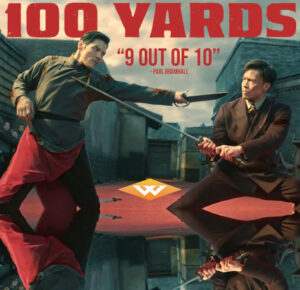




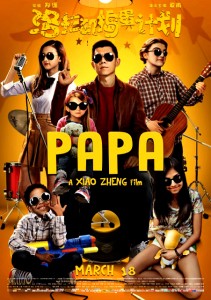
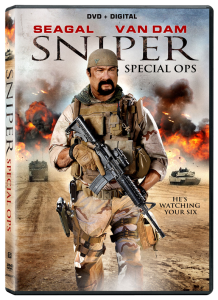
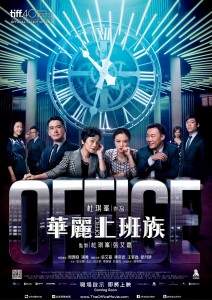

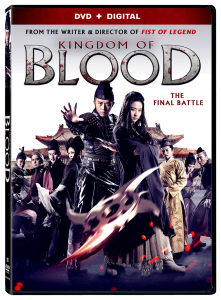
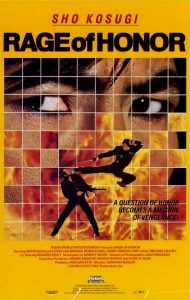
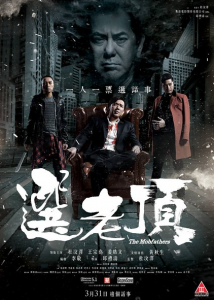
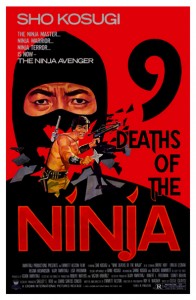
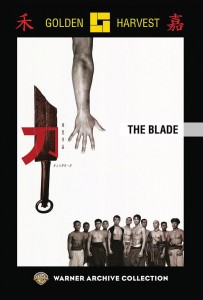
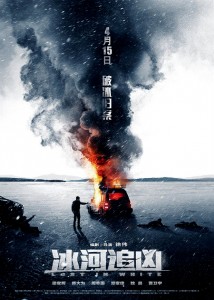
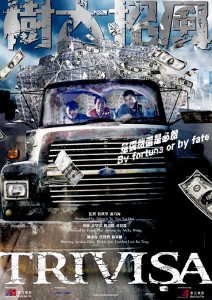




22 Comments